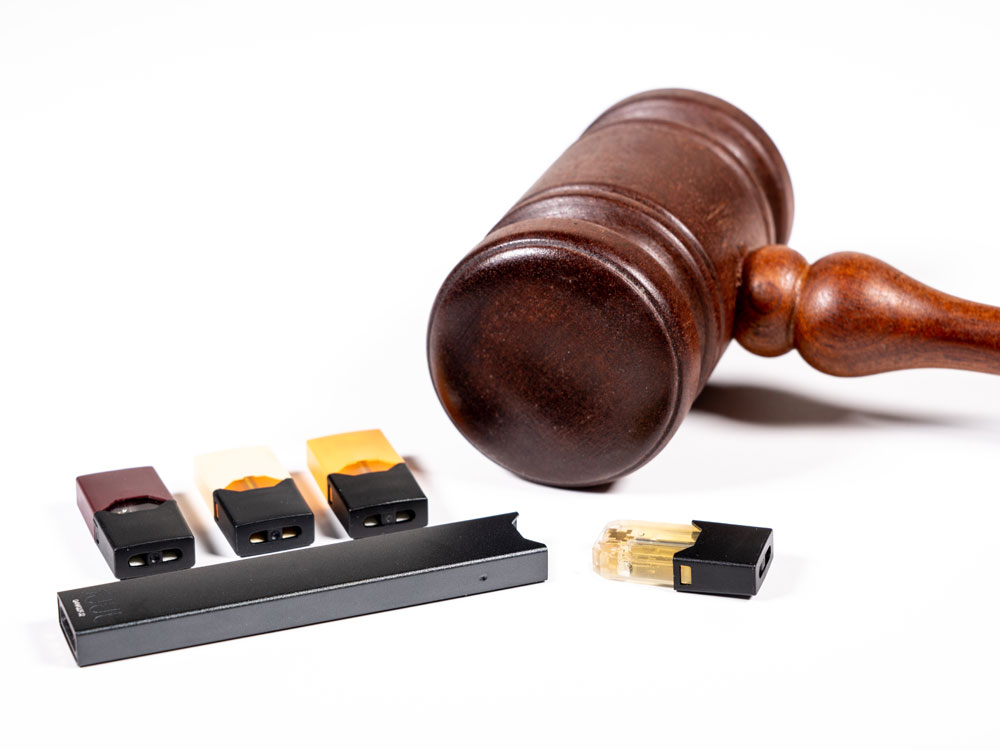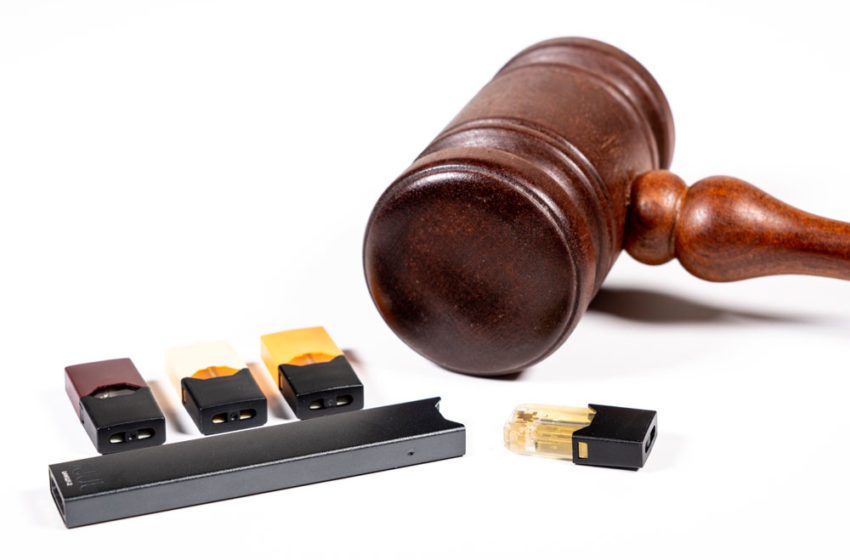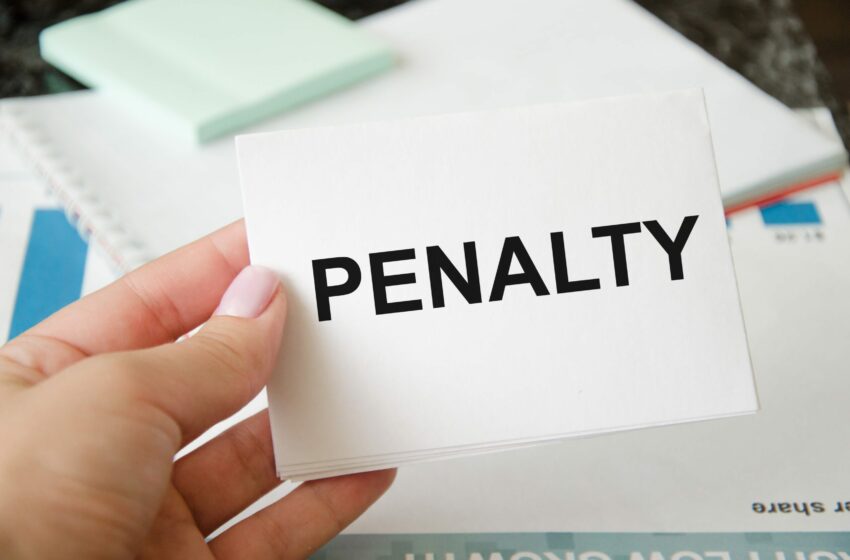
Today, the U.S. Food and Drug Administration confirmed what many had already been anticipating: Juul Labs must remove all currently marketed Juul products from the U.S. market.
“Today’s action is further progress on the FDA’s commitment to ensuring that all e-cigarette and electronic nicotine delivery system products currently being marketed to consumers meet our public health standards,” said FDA Commissioner Robert M. Califf. “The agency has dedicated significant resources to review products from the companies that account for most of the U.S. market. We recognize these make up a significant part of the available products and many have played a disproportionate role in the rise in youth vaping.”
These marketing denial orders (MDO) pertain only to the commercial distribution, importation and retail sales of these products, and do not restrict individual consumer possession or use—the FDA cannot and will not enforce against individual consumer possession or use of Juul products or any other tobacco products.
After reviewing the company’s premarket tobacco product applications, the FDA determined that the applications lacked sufficient evidence regarding the toxicological profile of the products to demonstrate that marketing of the products would be appropriate for the protection of the public health. In particular, some of the company’s study findings raised concerns due to insufficient and conflicting data—including regarding genotoxicity and potentially harmful chemicals leaching from the company’s proprietary e-liquid pods—that have not been adequately addressed and precluded the FDA from completing a full toxicological risk assessment of the products named in the company’s applications.
The FDA says that, to date, it has not received clinical information to suggest an immediate hazard associated with the use of the Juul device or Juul pods. However, the MDOs issued today reflect FDA’s determination that there is insufficient evidence to assess the potential toxicological risks of using the Juul products.
“There is also no way to know the potential harms from using other authorized or unauthorized third-party e-liquid pods with the Juul device or using Juul pods with a non-Juul device,” the agency wrote in a statement.
“The FDA is tasked with ensuring that tobacco products sold in this country meet the standard set by the law, but the responsibility to demonstrate that a product meets those standards ultimately falls on the shoulders of the company,” said Michele Mital, acting director of the FDA’s Center for Tobacco Products. “As with all manufacturers, Juul had the opportunity to provide evidence demonstrating that the marketing of their products meets these standards. However, the company did not provide that evidence and instead left us with significant questions. Without the data needed to determine relevant health risks, the FDA is issuing these marketing denial orders.”











